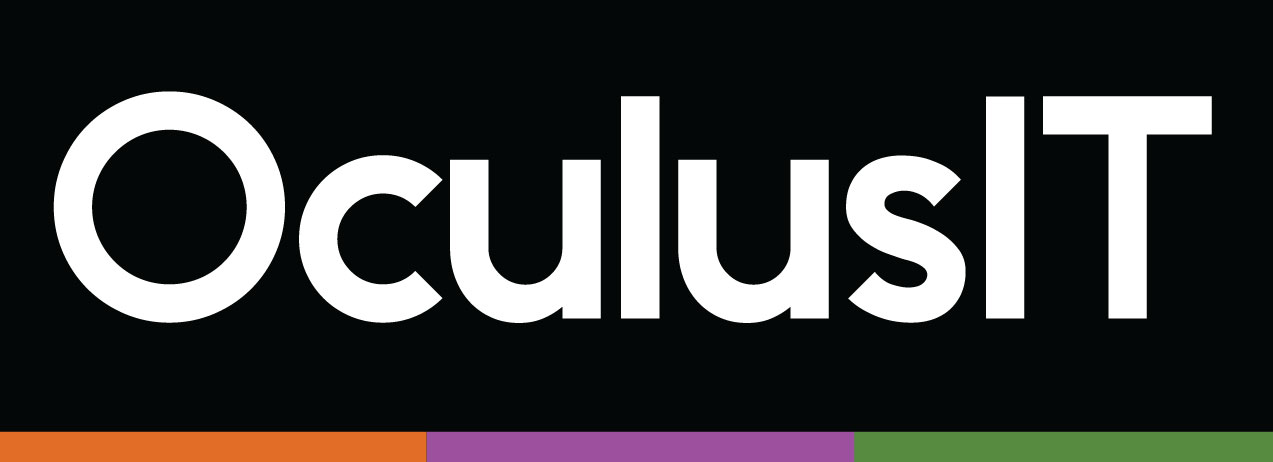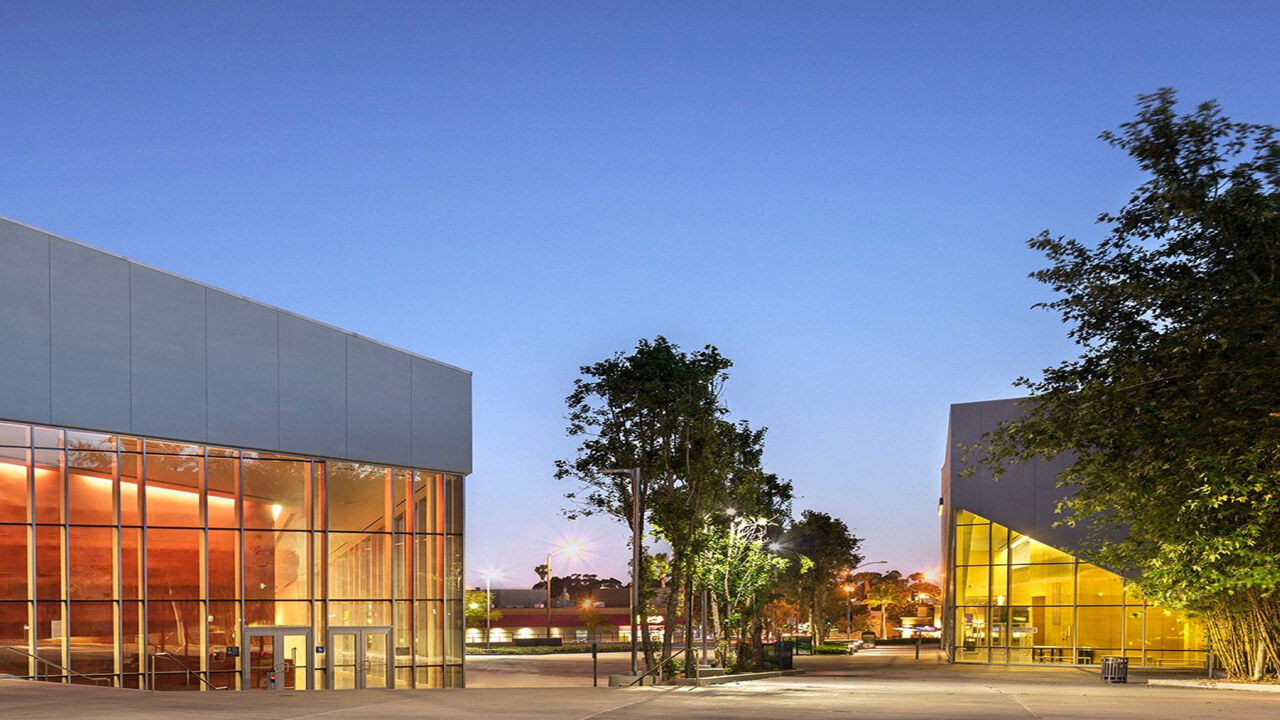How Colleges Leverage Summer to Upgrade IT Before Fall 2025
How Colleges Leverage Summer to Upgrade IT Before Fall 2025 July 7th, 2025 Reading time: 3 Minutes When students pack up and campuses quiet down, colleges have an opportunity that’s bigger than just empty classrooms. For IT leaders, summer is the single best window to tackle the upgrades, migrations, and fixes that keep core systems stable when thousands of students return in the fall. But what exactly makes summer so critical for IT modernization, and how can institutions make the most of it before Fall 2025 brings students, faculty, and pressure back to campus? The Hidden Risks of Standing Still Higher education leaders understand the stakes. According to EDUCAUSE’s June 2025 QuickPoll, The Data-Empowered Institution, which includes upgrading legacy data systems, ranks as the top priority for institutional IT leaders. Yet many critical modernization projects still get pushed to the busy academic year when system downtime can disrupt enrollment, financial aid, and student success services. Summer is the only realistic window to take core systems offline for maintenance, patch known vulnerabilities, and test new configurations under minimal load. Skipping this window increases the risk of performance slowdowns, security incidents, and emergency fixes during peak demand. Why Summer Is the Smart CIO’s Power Season Summer upgrades are not just about maintenance. The colleges that treat summer as a strategic modernization season are the ones that protect themselves from bigger problems later. For example: Student Information Systems (SIS) and ERP migrations: Complex transitions often require weeks of testing and staff training. A quiet summer allows teams to catch issues before student records or payroll are impacted. Network and infrastructure updates: From replacing aging hardware to expanding secure Wi-Fi, these projects avoid costly outages when campuses are full. Cybersecurity improvements: Summer is the ideal time for vulnerability scans, penetration tests, and patch management. These steps are much harder to roll out mid-semester. Cloud transitions and integrations: Moving legacy apps to the cloud is less disruptive when user activity is low. Each of these upgrades brings one clear outcome: a more resilient, modern IT environment ready for the demands of a new academic year. Looking Beyond the Project List Too often, colleges approach summer projects as isolated tasks, but the institutions that get ahead use this time to align upgrades with long-term digital goals. Modernization is not only about what gets fixed today but about how IT can better support enrollment, student success, and campus growth tomorrow. CIOs leading this shift ask questions like: How will this upgrade improve service delivery for students? Does this modernization help reduce costs or free up IT teams for more strategic work? Are we building a roadmap to keep us competitive or just patching what’s broken? These conversations move summer from a season of catch-up to a launchpad for lasting change. What Happens Next Summer will always be a window of opportunity, but smart colleges treat it like a lever. They use downtime to shore up vulnerabilities, modernize systems that power every student touchpoint, and create breathing room for staff who need a head start before September. A proactive plan now means fewer surprises and smoother operations later. If you are mapping out last-minute upgrades or planning next summer’s roadmap, take this season seriously. It could make the difference between scrambling to fix issues in September or starting Fall 2025 stronger than ever. Ready to talk about your institution’s IT priorities? Contact us to learn how we can help you prepare for what’s next.











